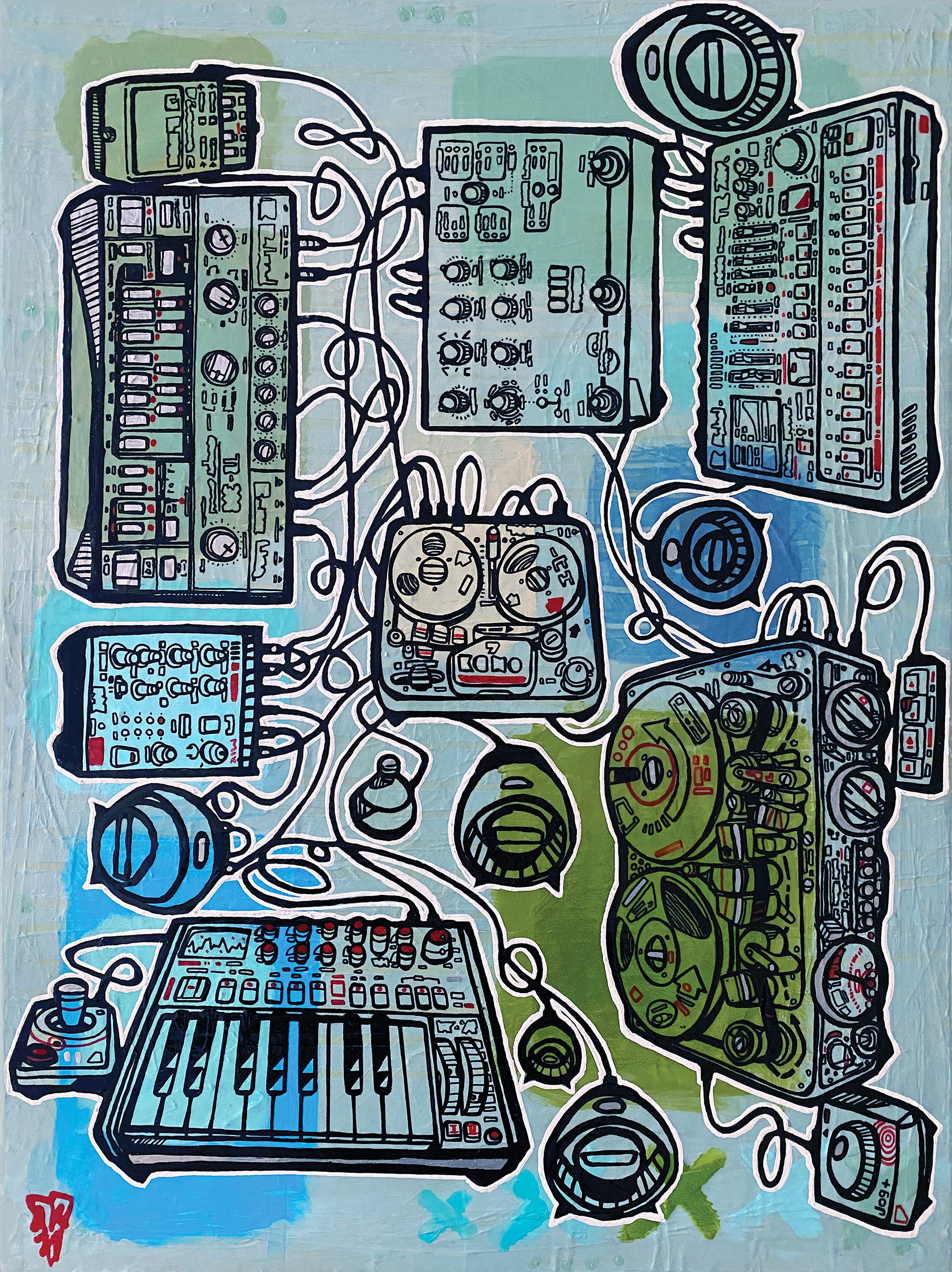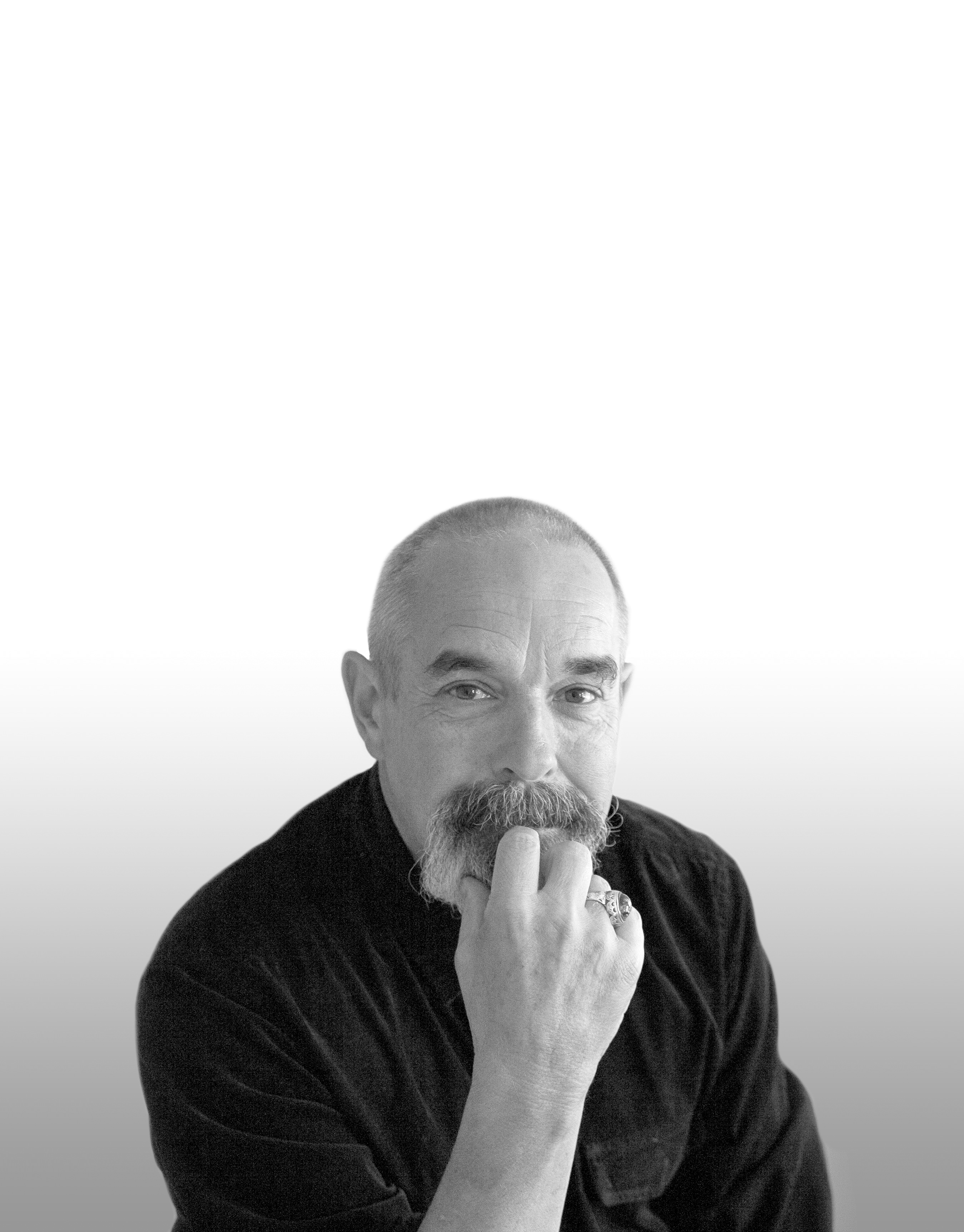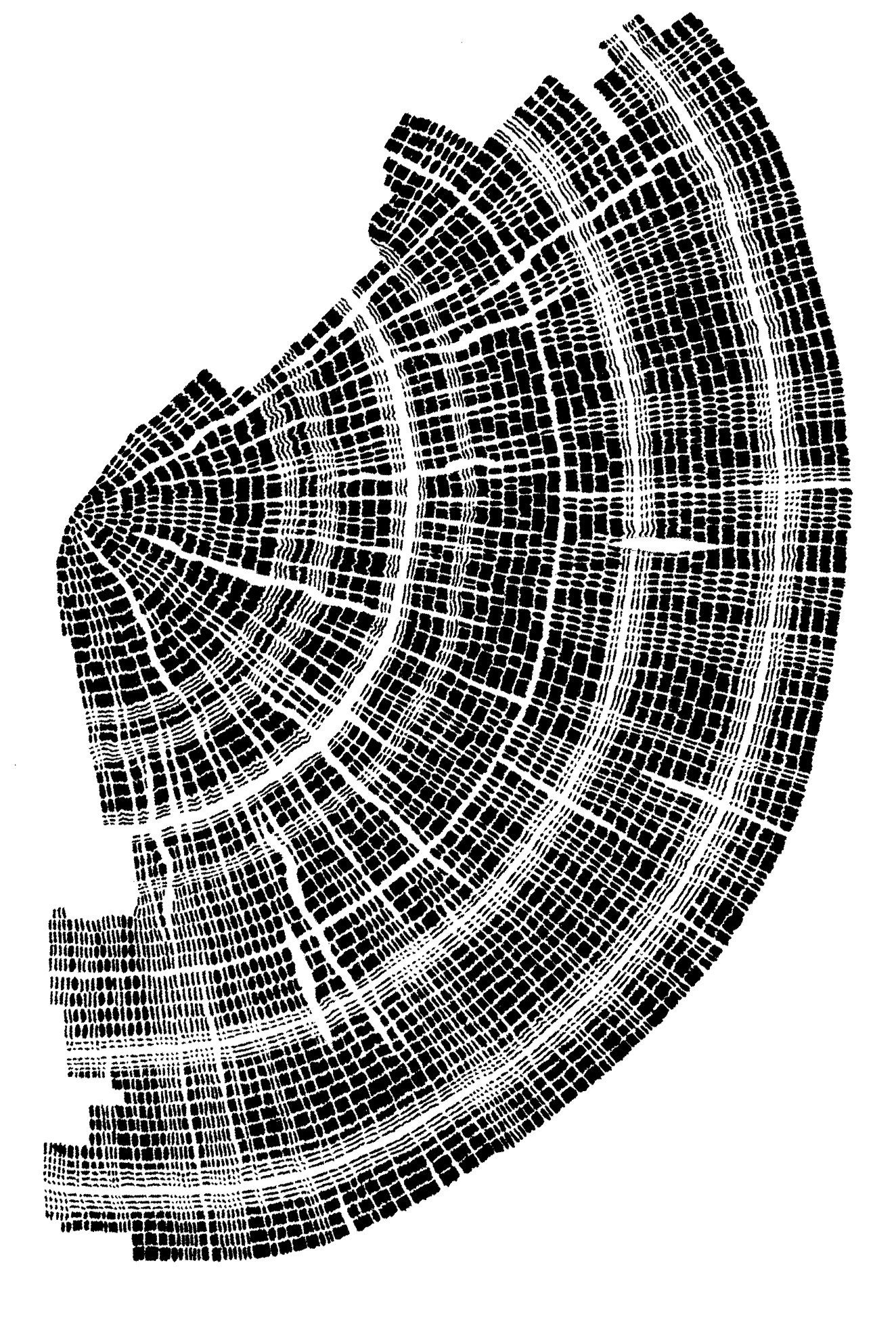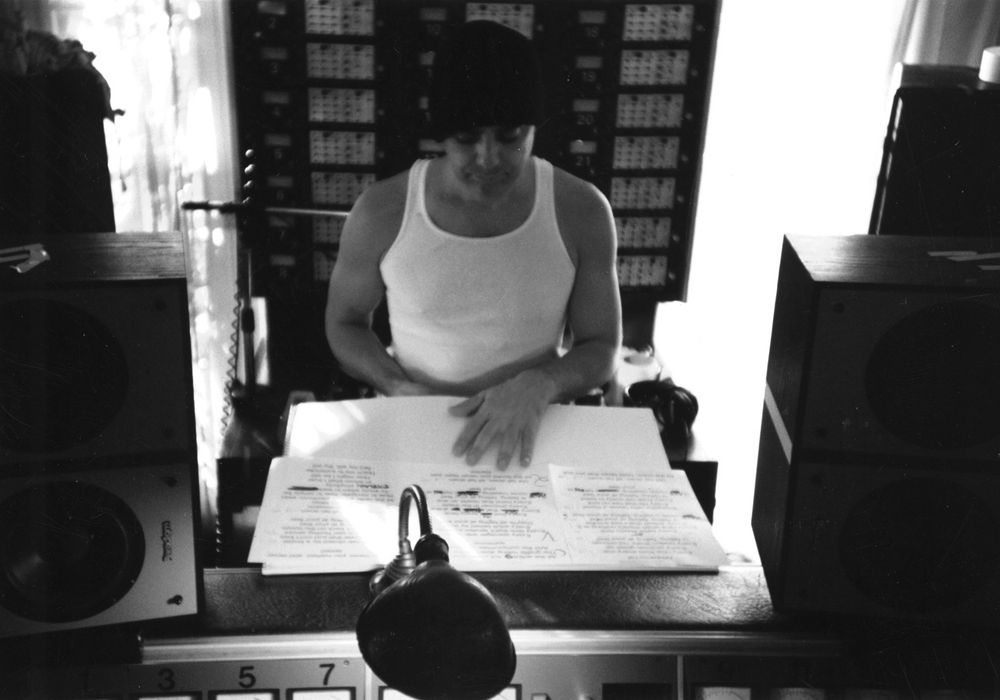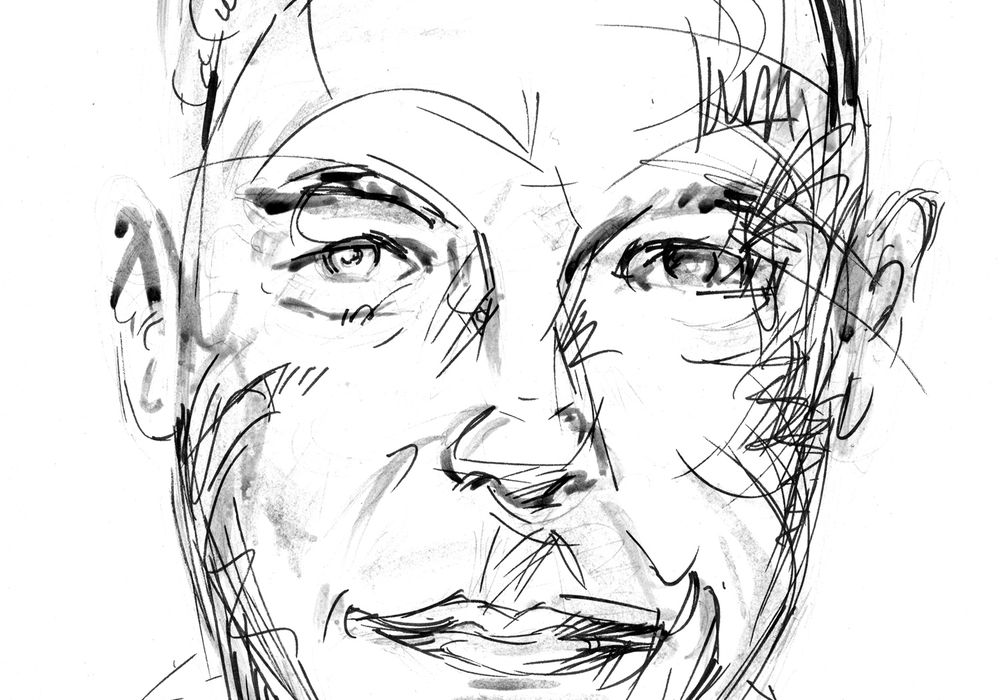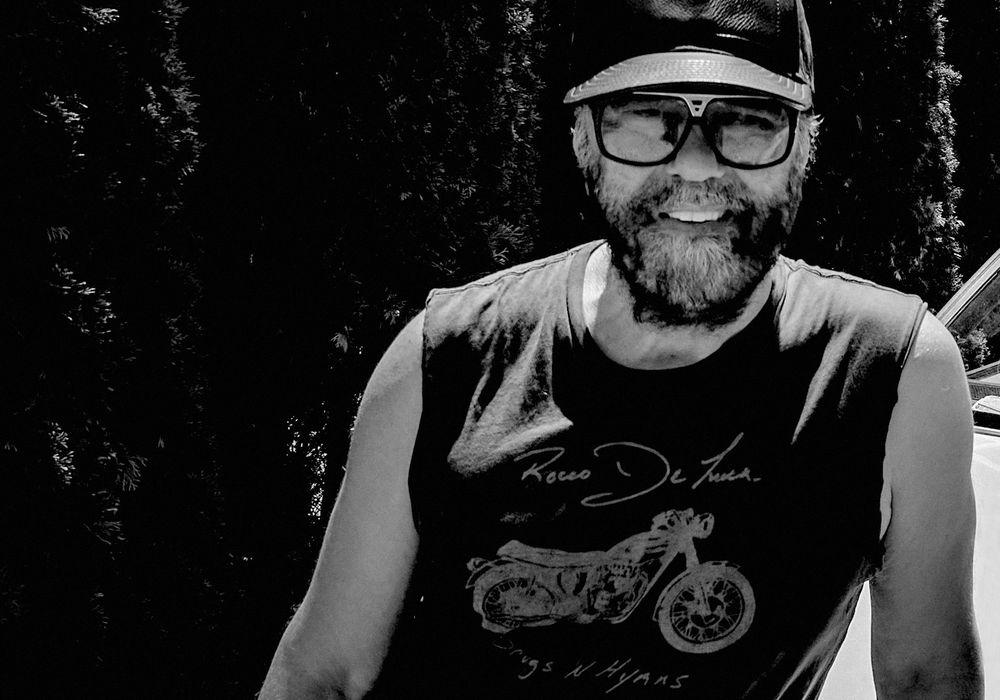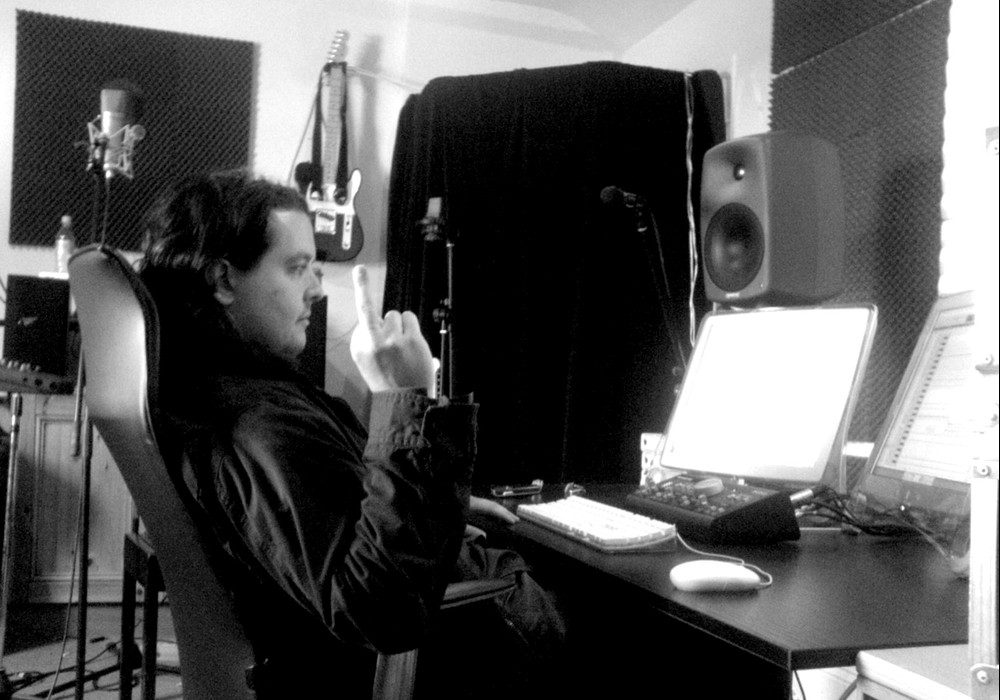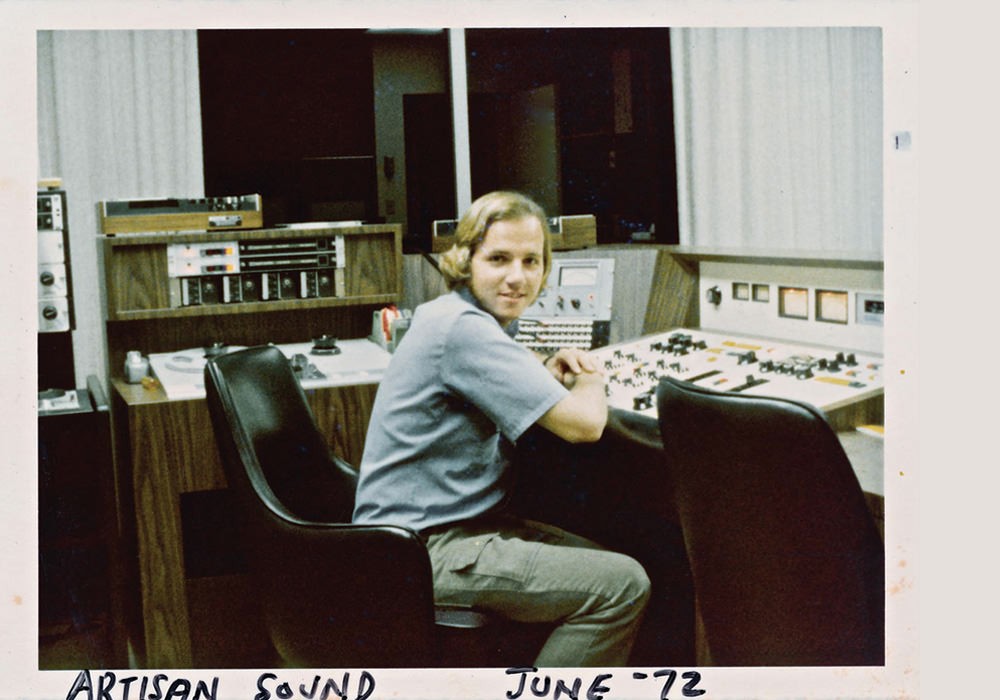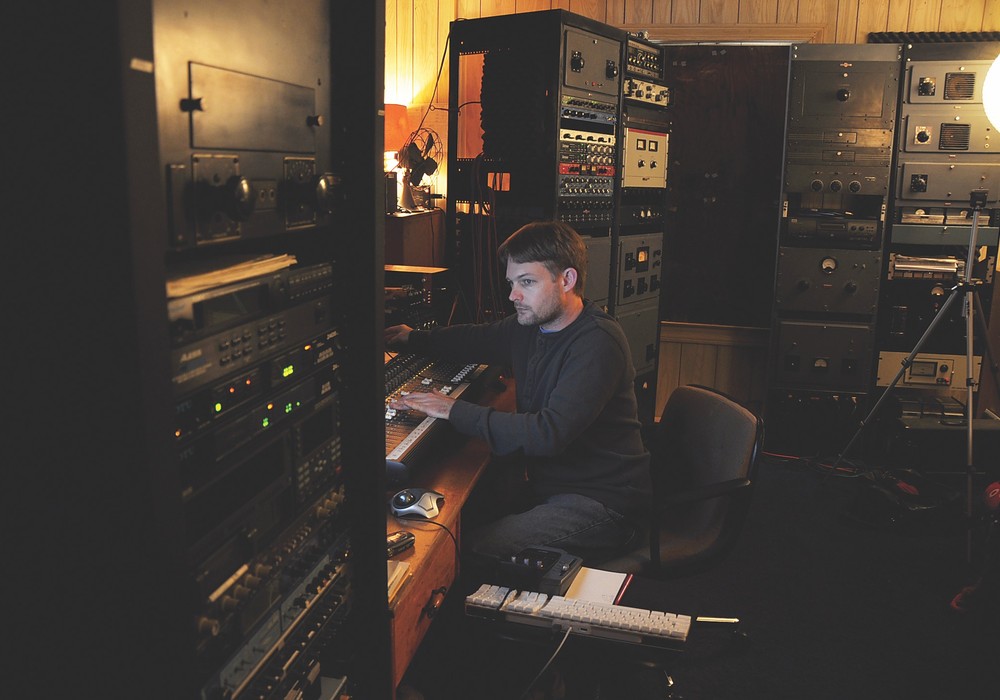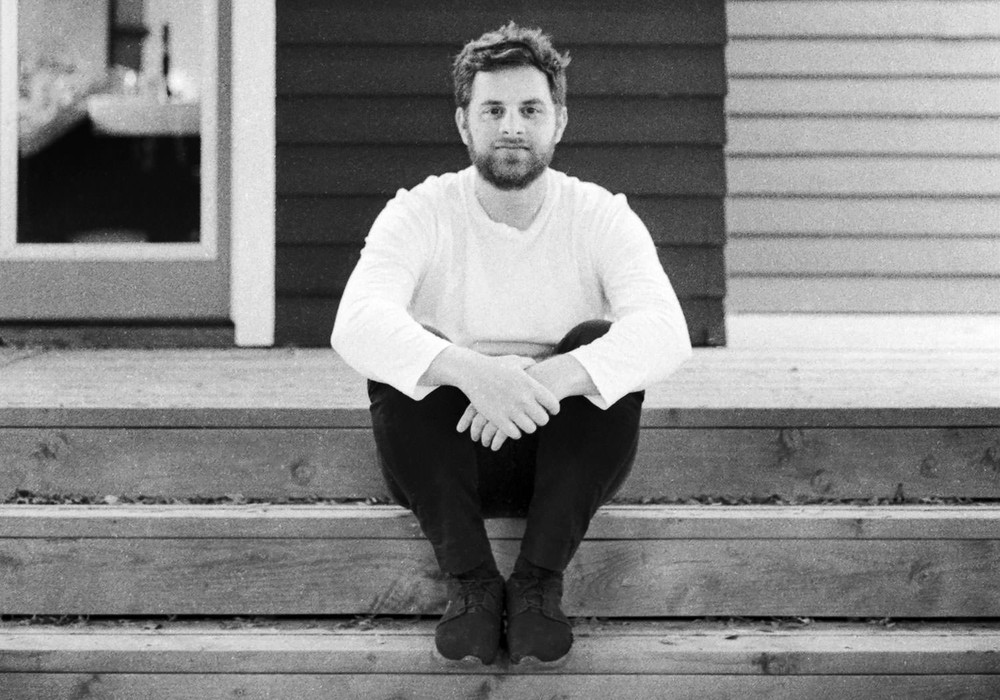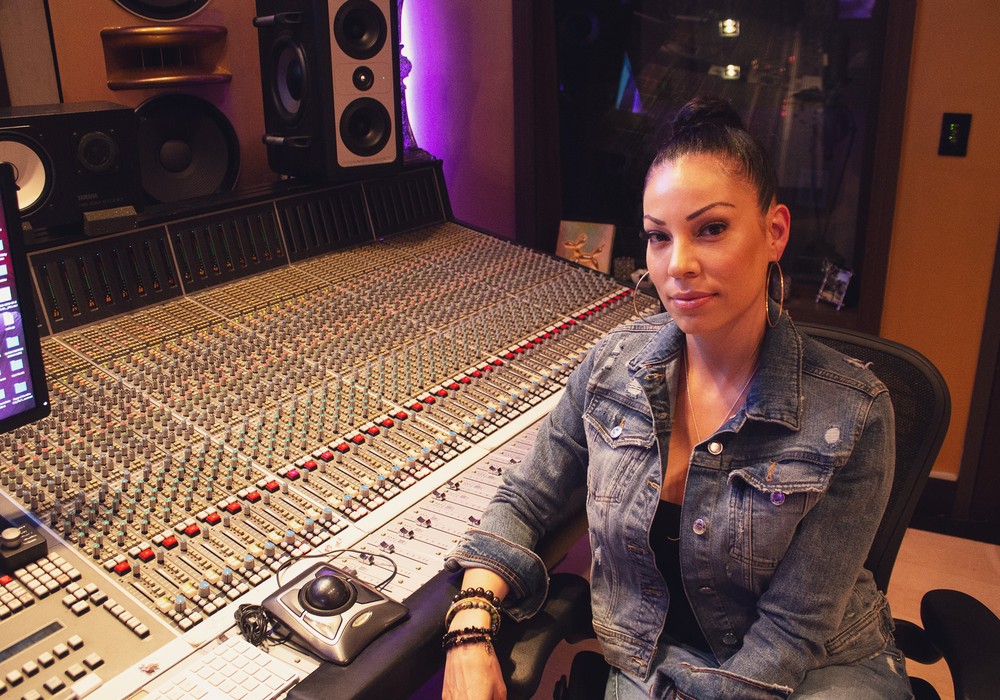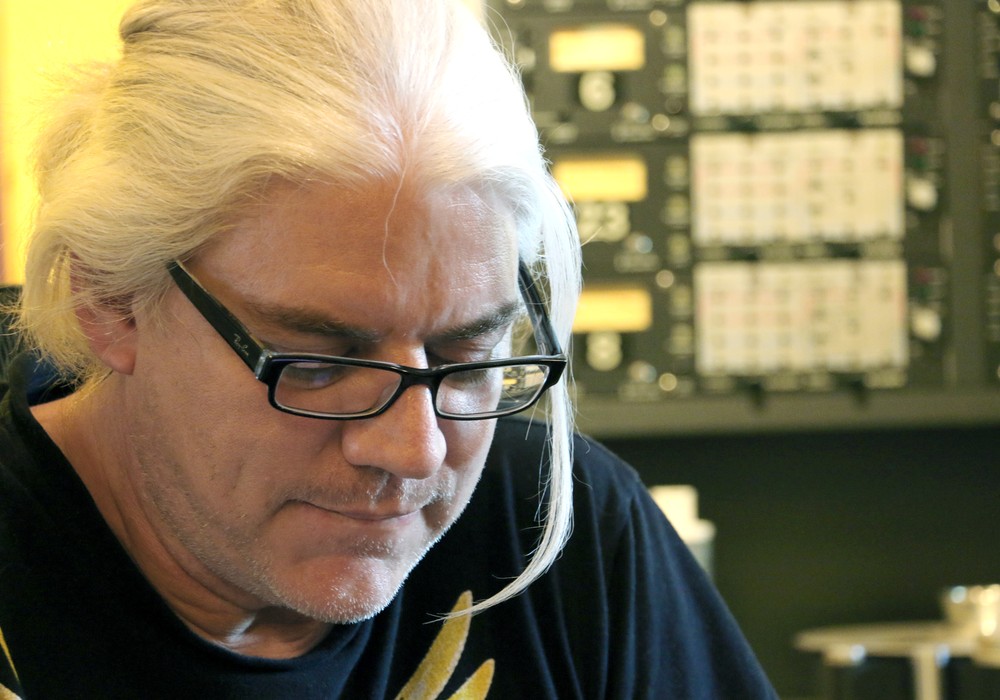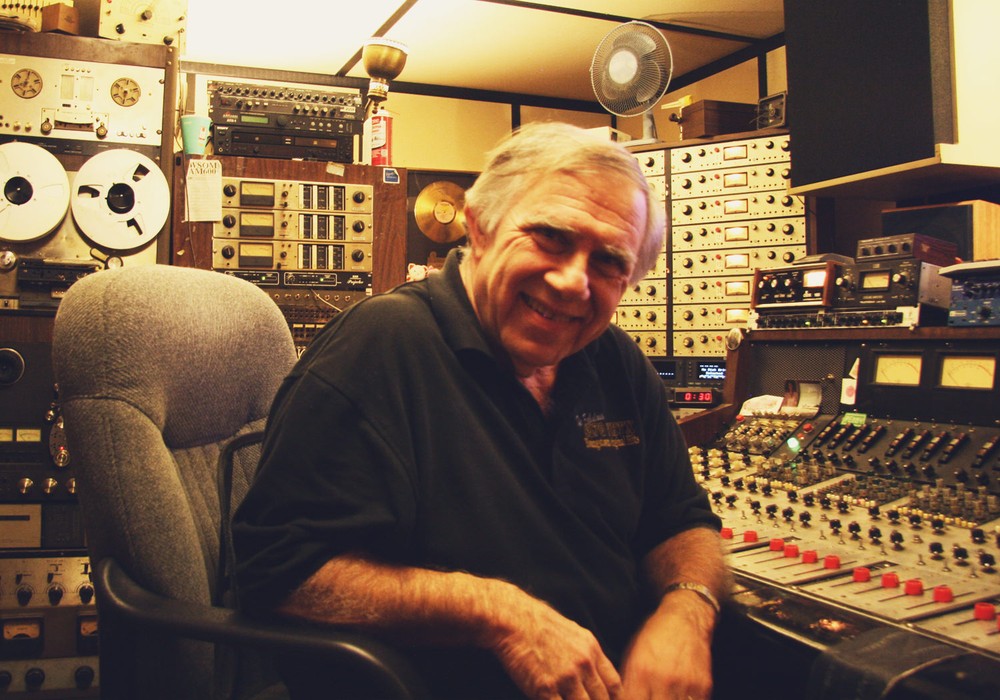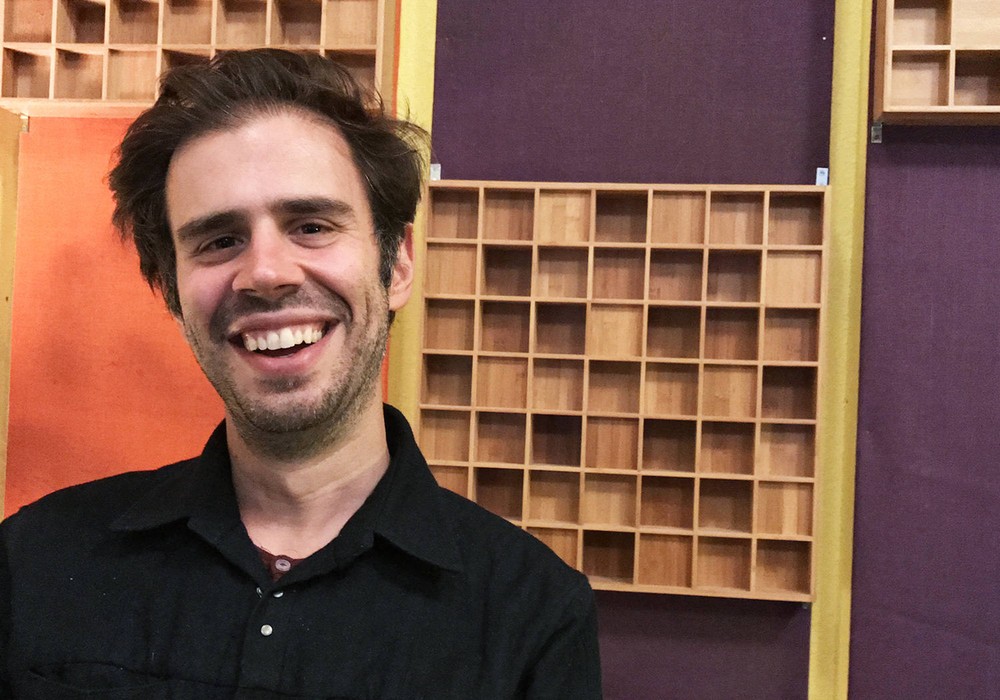I first heard Roger Eno via Apollo: Atmospheres and Soundtracks, the dreamy music written for the NASA footage-based documentary, For All Mankind. The album featured him collaborating with his brother, Brian Eno (Tape Op #85), and Daniel Lanois (#37, 127). Since then, Roger’s made countless solo albums, many of them which remain centered on his pastoral piano compositions. Mixing Colours, the first album of solely him and his brother, came out in 2020, and highlights Roger’s keyboard melodies, which were electronically modified by Brian. On his new release, The Turning Year (via the prestigious Deutsche Grammophon label), Roger instead blends his organic piano pieces with the string ensemble, Scoring Berlin, tracked at Berlin’s venerable Teldex Studio.
My first introduction to your work was Apollo. I thought it was one of the most beautiful records I’d ever heard.
It was remarkable, that. It was the first time that Brian and I had worked together; as well as Daniel, who on his own is a remarkable talent. I didn’t realize what that record would come to mean to a lot of people. The word “seminal” is often overused, but it did kick something off, didn’t it?
It’s a different style of “ambient” music. That record is so much about moods, but there’s also country music and almost classical, thematic music.
Exactly. It was a great thing. The making of it was an utter joy. We were making each other collapse laughing all the time. Put those two together, and you’ve got a real blessed situation.
Did you go to Hamilton, Canada, to work at Daniel’s [Grant Avenue Studio]?
Yes. I’ve got very fond memories of it. I’ve still got a lucky Canadian dollar coin that a man gave me who was shoveling snow. We got to talking; he obviously recognized my accent and said, “Here, have one of these!” I’ve still got it. I did a lottery scratch card with it. I hadn’t done one of those for ages. I scratched with this lucky coin, and I got enough money to get another scratch card. So, it works!
Low power magic.
Yes! [laughs]
With the collaboration on Apollo, what was the process for coming up with the basics of a piece and then adding to it?
It was a great situation, because there were no… I was going to say “rules,” but that’s not right. There wasn’t a leadership structure, so no one felt inhibited about saying, “I’ve got this. Let’s try this out.” People would run with that. If there was any chance that it would be good, then it would be pursued. Also, and this is still true with Brian, Danny, and myself: There aren’t any egos to deal with. It wasn’t as if someone said, “No, I don’t like it,” that the other person’s going to cry. It was very, very easy to work.
Did you have video of the film to view and write to?
Yes. It might have been on Betamax [videotape]. The great thing was it was the first cut of that film. I recently saw another version of it, which is covered in people talking. It ruined it. The first one was almost silent. There were a few people speaking at points. This second version piled on a load of dialog. The one that we worked to had these glorious, long images that – in our opinion – needed music to them. One of my favorites is when the landing craft is approaching the Moon, and the Moon gets closer and it gets bigger, but very slowly. Then, the landing module goes under the Moon into darkness. It’s such a beautiful thing, the gradation between this stark, white Moon and then to these different colors of blue until it ends up in darkness. It takes ages, and it is utterly beautiful. The mood is there. All we had to do was enhance it.
That would have been a quite fun project to work on. Nothing had to be carefully synced, as in some film score work.
Exactly right.
After Apollo, you did the solo albums Voices and Between Tides. How did you see every opportunity to make a record? Did you try to visualize each in a different way?
Pretty much. I didn’t think of them as progressions. I didn’t think, “I ought to do this now, because I’ve just done that.” There are some artists that deliberately press boundaries, or explore all the time. I work the other way. I polish. I’ve got these little stones or gems that I’m constantly dealing with. I’m putting them in different orders and making them re-interesting. That’s how I look at it. A lot of it is piano-based, rather than thinking, “I know, I’ll start programming synths.” Come on! It doesn’t intrigue me. So, yes, the other thing is that someone will...
